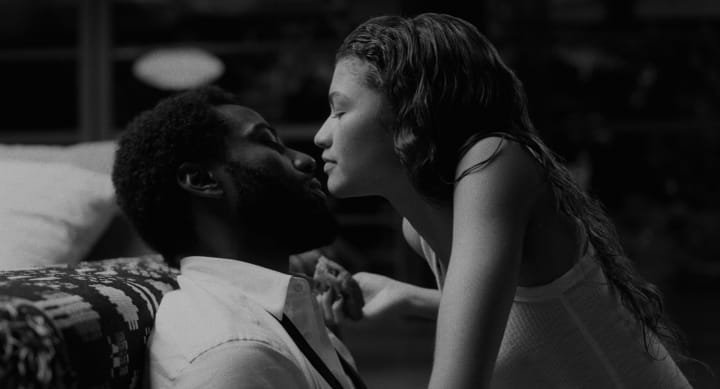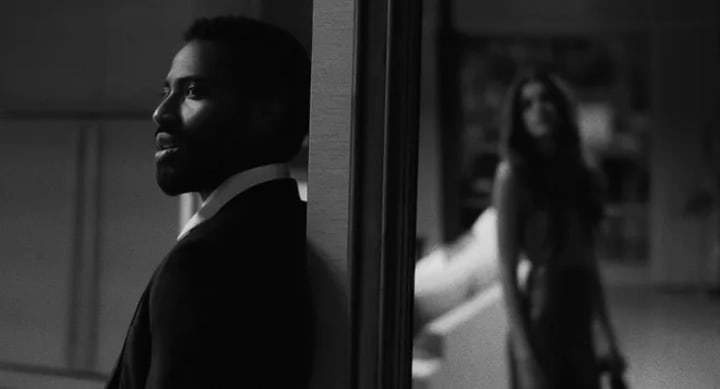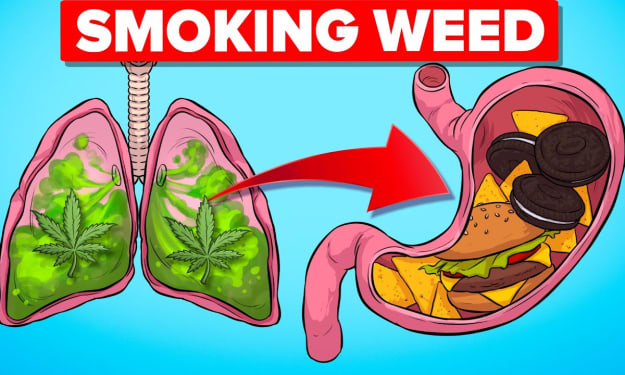
Different screenwriters have varying feelings when it comes to dialogue - some prefer a less is more approach whereas others write quick fire or Shakespeare-like dialogue sequences.
Me personally, it really does vary on what the story is about. In my own screenplays, some are more visual whereas others are definitely dialogue driven. It really does depend on the characters.
Which is why today’s article will be looking at Sam Levinson’s Malcolm & Marie, which focuses on a filmmaker on the brink of Hollywood glory and his girlfriend, whose story made his career, find themselves pushed towards a reckoning as a single tumultuous night decides the fate of their relationship.
As this film primarily focuses on two characters in a continuous narrative, the dialogue is critical. In many ways, the structure of this script is very similar to a play - two characters in a very intimate setting during a heated conflict, the dialogue for this type of story is vital.

Here are some things to consider when establishing story through dialogue:
Find Your Character’s Voice
"I know when nothing is something." — Malcolm
"Malcolm, I promise you, nothing productive is going to be said tonight." — Marie
This is actually really important for both the writer and the actor, but finding an authentic voice is always important. The dialogue and dialect influences how an actor reads a part. Many aspects of our life influences how we speak and there is a certain shift in how we converse in our private and public lives.
When we meet the titular characters, they return home from a film premiere. As the film progresses, the dialogue reveals the flaws in their relationship as both Malcolm and Marie’s true colours are exposed.
An interesting aspect of this screenplay is how the characters have reinvented themselves for their careers and even their respective partner.
For example, Marie is a recovering addict from a working-class background who is well-spoken and surprisingly more emotionally mature. Whereas despite Malcolm being older and having a college degree, his narcissistic tendencies reveal themselves in impromptu outbursts towards his partner and even film critics.

Finding the Root of the Conflict
"You forgot to thank me, Malcolm. It's not a minor fucking detail. That's a big one." — Marie
"Why is it that anytime anything good happens in our lives you have to find something, anything the most minor fucking detail to harp on, to make ugly to ensure there's no reason to fucking celebrate?" — Malcolm
As this is a two-hander between two characters, the conflict needs to be established quickly. In this case, Marie is upset that Malcolm didn’t thank her in his acceptance speech.
As the film progresses, the conflict runs much deeper than that - Marie is still hurt that she wasn’t cast in the leading role, despite being the inspiration for the main character. Malcolm disputes this without actually seeing the bigger picture, even branding her as jealous when she manages to articulate what she’s feeling.
From Malcolm’s perspective, he thought she didn’t want to play the part nor did she express these feelings at any point during the production. Malcolm’s frustration at being blindsided by these revelations causes him to retaliate in anger - which seems to be a consistent occurrence for him, as Marie repeatedly refuses to engage in the argument.
Both perspectives need to understood fully by the writer, but these revelations need to be gradually explored.

Context - Want and Need
"When you first wrote it, you wrote it for me, so why didn't you cast me? I can't articulate all the fucking chaos that's going on in here because you already did." — Marie
"I'm sorry. Thank you." — Malcolm
No one truly expresses how they really feel right away, especially in a heated conversation. To get to that point honestly - with themselves or someone else - it takes time, which adds to external and internal conflict.
Marie wanted to to play a character she helped craft for this film, but she needed a creative outlet to deal with her own trauma and feel appreciated by her partner.
Malcolm wanted to celebrate the success of his directorial debut and receive rave reviews, but he needed to understand his inability to connect emotionally - as an artist and a partner - had begun to impact both aspects of his life negatively.
These two entities aren’t always vocalised, but are often the root to all conflict. Characters often pursue their want before coming to what they need, which will expose their true vulnerability.

It's a bit of a cliché advice, but really listen to dialogue in your own life and incorporate that into your script. What someone says and what they mean are often two different things, which is what getting to the unsaid things can explore many sides of a character.
Words have the power to move an audience more so than any action sequence, especially when a script delves into who we are behind closed doors with our loved ones. We are more vulnerable in these moments and good dialogue should be written to capture those uncomfortable moments to spark debate amongst your viewers.
About the Creator
Enjoyed the story? Support the Creator.
Subscribe for free to receive all their stories in your feed. You could also pledge your support or give them a one-off tip, letting them know you appreciate their work.






Comments
There are no comments for this story
Be the first to respond and start the conversation.